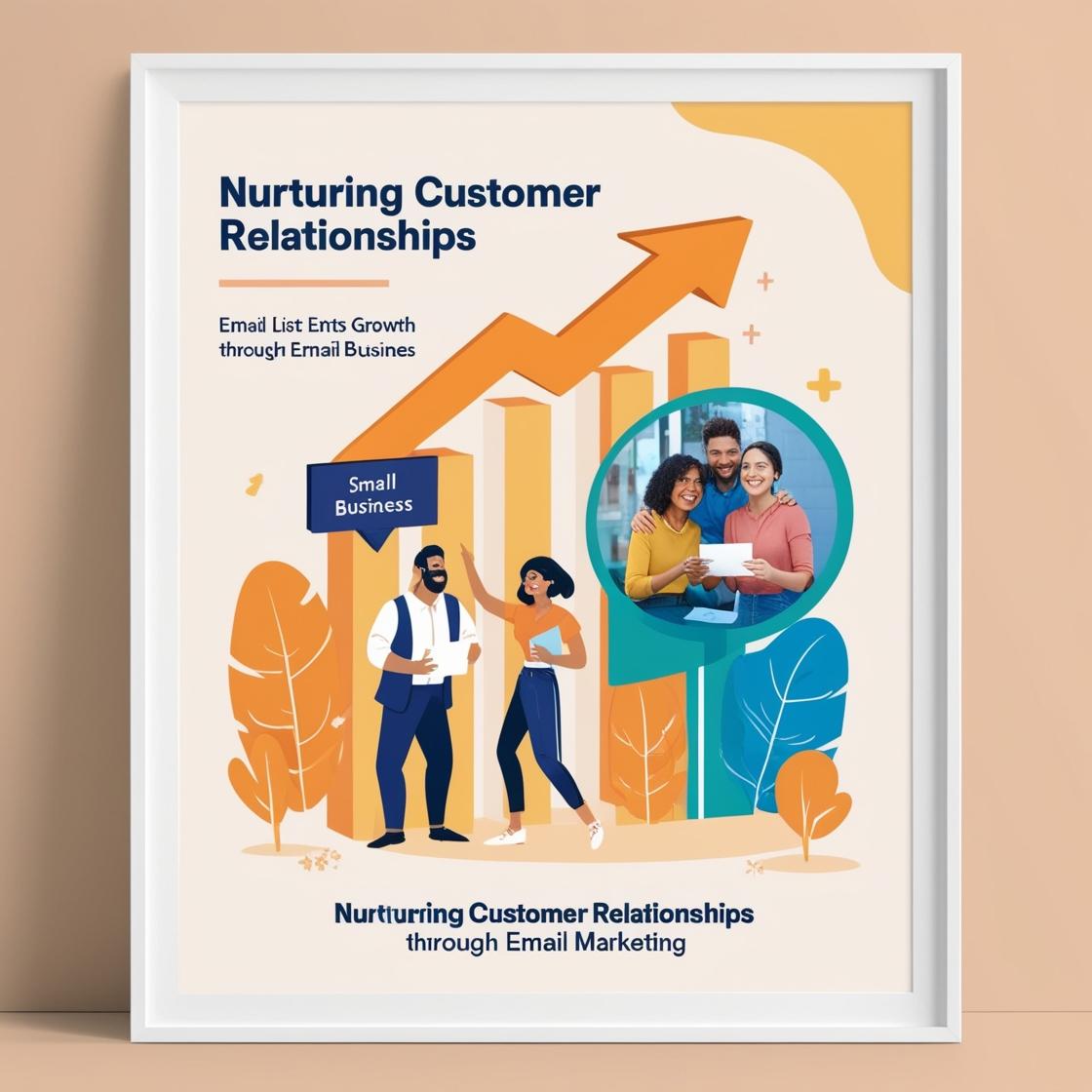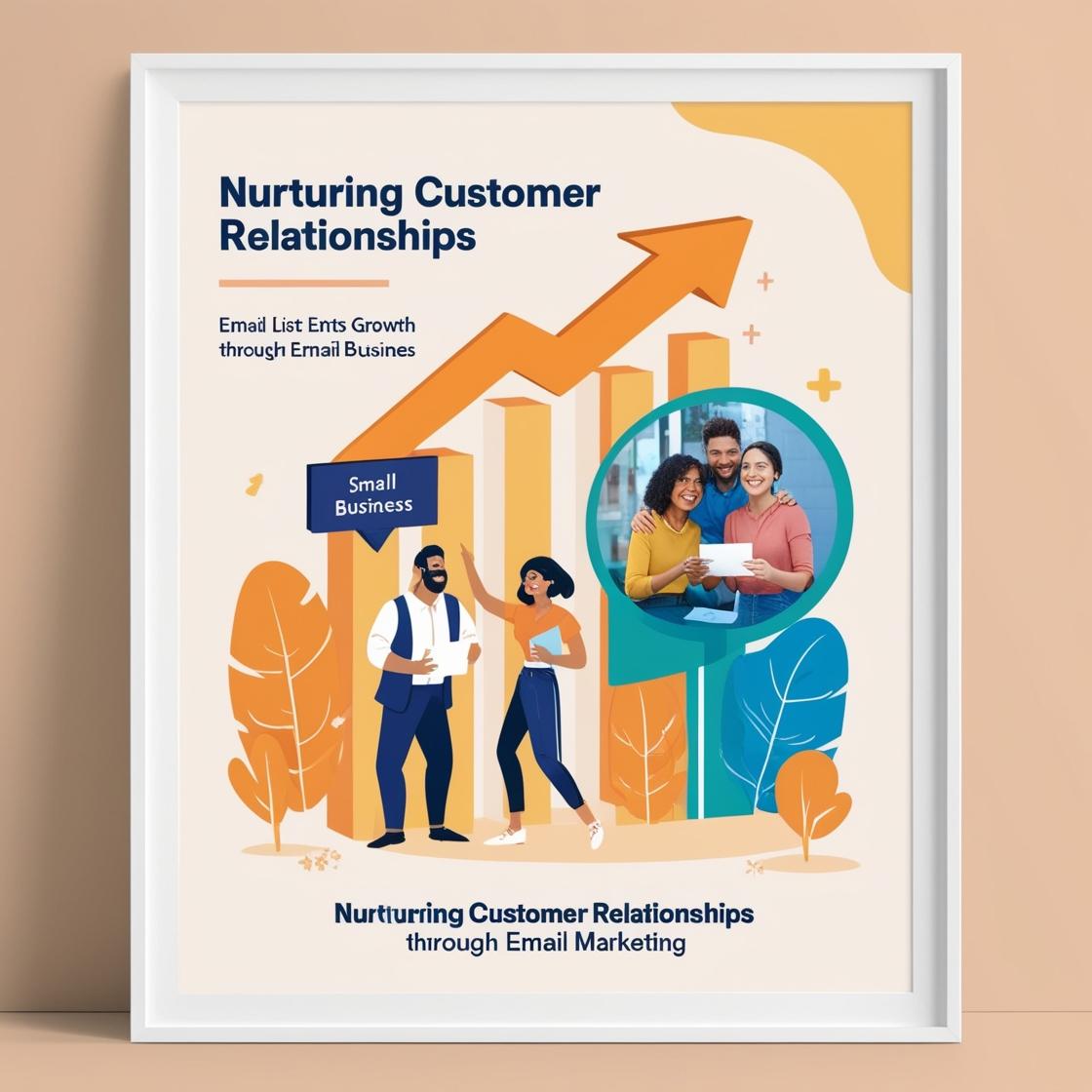;
Safeguarding Your Customers: A Guide to Data Security and Privacy in the Digital Age
Maryam Sadin
| October 23 |
In today's digital landscape, customer data is a valuable
asset. But with great power comes great responsibility. Businesses have an
ethical and legal obligation to safeguard customer data and ensure user
privacy. Here at Media Magma Marketing, we understand the importance of data
security and privacy. We'll help you navigate this critical landscape and
implement best practices to protect your customers' information.Why Data Security and Privacy Matter:
Customer
Trust: Data breaches and privacy violations erode customer trust. By
prioritizing data security, you demonstrate your commitment to protecting
customer information and fostering long-term loyalty.
Legal
Compliance: Numerous data privacy regulations exist worldwide, such as
GDPR (General Data Protection Regulation) and CCPA (California Consumer
Privacy Act). Failing to comply can result in hefty fines and reputational
damage.
Enhanced
Brand Reputation: A strong data security posture builds brand
reputation. Customers appreciate businesses that take data privacy
seriously, giving you a competitive edge.
Reduced
Risk of Cyberattacks: Implementing robust security measures reduces
the risk of cyberattacks and data breaches, protecting your business from
financial losses and operational disruptions.
Essential Data Security and Privacy Practices:Here are some key data security and privacy practices Media
Magma Marketing recommends:
Data
Minimization: Collect only the customer data essential for your
business operations. Avoid unnecessary data collection, reducing the
potential for exposure.
Secure
Storage & Access Controls: Store customer data securely using
encryption and implement strict access controls to minimize the risk of
unauthorized access.
Regular
Security Audits & Updates: Conduct regular security audits to
identify vulnerabilities and implement necessary updates to software and
systems.
Employee
Training: Educate employees on data security best practices to ensure
they handle customer data responsibly.
Transparent
Privacy Policy: Develop a clear and concise privacy policy that
outlines how you collect, use, and protect customer data.
Customer
Opt-In & Opt-Out Options: Provide clear opt-in and opt-out
mechanisms for customers regarding data collection and marketing
communications.
Data
Breach Response Plan: Establish a data breach response plan to
effectively address data security incidents and minimize customer impact.
Building a Culture of Data Security:Data security isn't a one-time solution; it's an ongoing
process. Here's how Media Magma Marketing can help you build a culture of data
security within your organization:
Develop
a Comprehensive Data Security Policy: We'll collaborate with you to
create a data security policy tailored to your business needs, outlining
data handling procedures and employee responsibilities.
Implement
Data Security Training Programs: We'll provide training programs to
educate your employees on data security best practices and empower them to
identify and report potential threats.
Stay
Informed of Evolving Regulations: The data privacy landscape is
constantly changing. We'll keep you informed of the latest regulations and
ensure your practices remain compliant.
Partner
with Security Experts: We can connect you with trusted cybersecurity
professionals to conduct security audits and recommend security solutions.
Prioritizing Your Customers' Data Security:Data security and privacy are not optional in today's
digital world. Partner with Media Magma Marketing to safeguard your customers'
information and build trust:
We'll
help you develop a data security strategy that protects your customers'
data and complies with relevant regulations.
We'll
provide the tools and resources you need to educate your employees and
build a culture of data security within your organization.
We'll
stay up-to-date on evolving data privacy laws and ensure your practices
remain compliant.
Contact Media Magma Marketing today and prioritize your
customers' data security. It's the right thing to do, and it's good for
business!




































